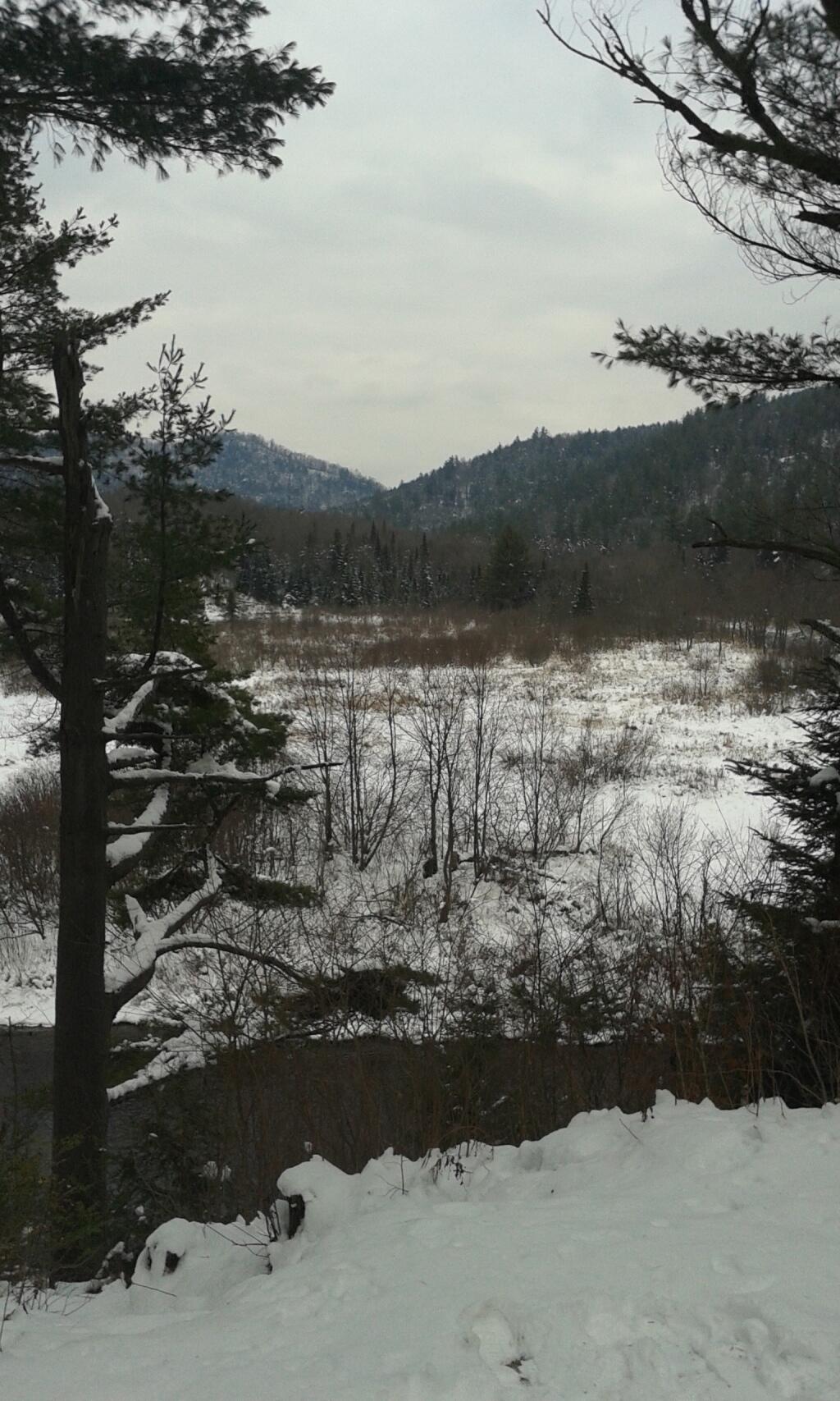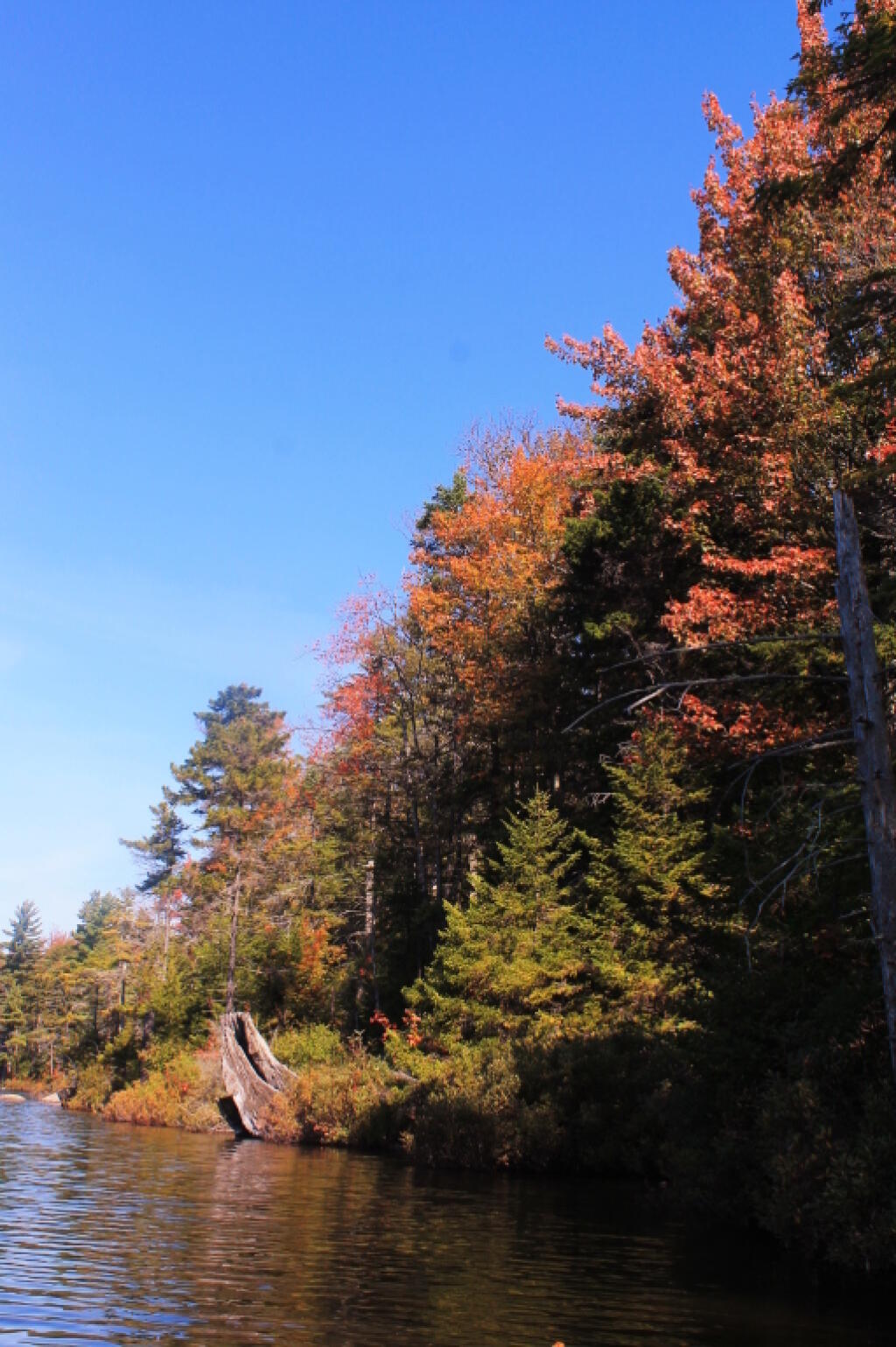Guess What’s Showing Up In Our Shellfish? One Word: Plastics
After the rain showers
Equinox Does Not Have Equal Day & Night Length
"Equinox" literally means "equal night", giving the impression that the night and day on the equinox are exactly the same length; 12 hours each. But this isn't entirely accurate.
End-of-Summer Arctic Sea Ice Extent Is Eighth Lowest on Record
"Arctic sea ice appeared to have reached its yearly lowest extent on Sept. 13, NASA and the NASA-supported National Snow and Ice Data Center (NSIDC) at the University of Colorado Boulder have reported. Analysis of satellite data by NSIDC and NASA showed that at 1.79 million square miles (4.64 million square kilometers), this year’s Arctic sea ice minimum extent is the eighth lowest in the consistent long-term satellite record, which began in 1978."
"Arctic sea ice appears to have reached a record low wintertime maximum extent for 2017, according to scientists at the NASA-supported National Snow and Ice Data Center (NSIDC) in Boulder, Colorado. Observations indicate that on Sept. 13, 2017 ice extent shrunk to the eighth lowest in the satellite record, at 4.64 million square miles, or 1.79 million square miles."
"Arctic sea ice, the layer of frozen seawater covering much of the Arctic Ocean and neighboring seas, is often referred to as the planet’s air conditioner: its white surface bounces solar energy back to space, cooling the globe. The sea ice cap changes with the season, growing in the autumn and winter and shrinking in the spring and summer. Its minimum summertime extent, which typically occurs in September, has been decreasing, overall, at a rapid pace since the late 1970s due to warming temperatures."


